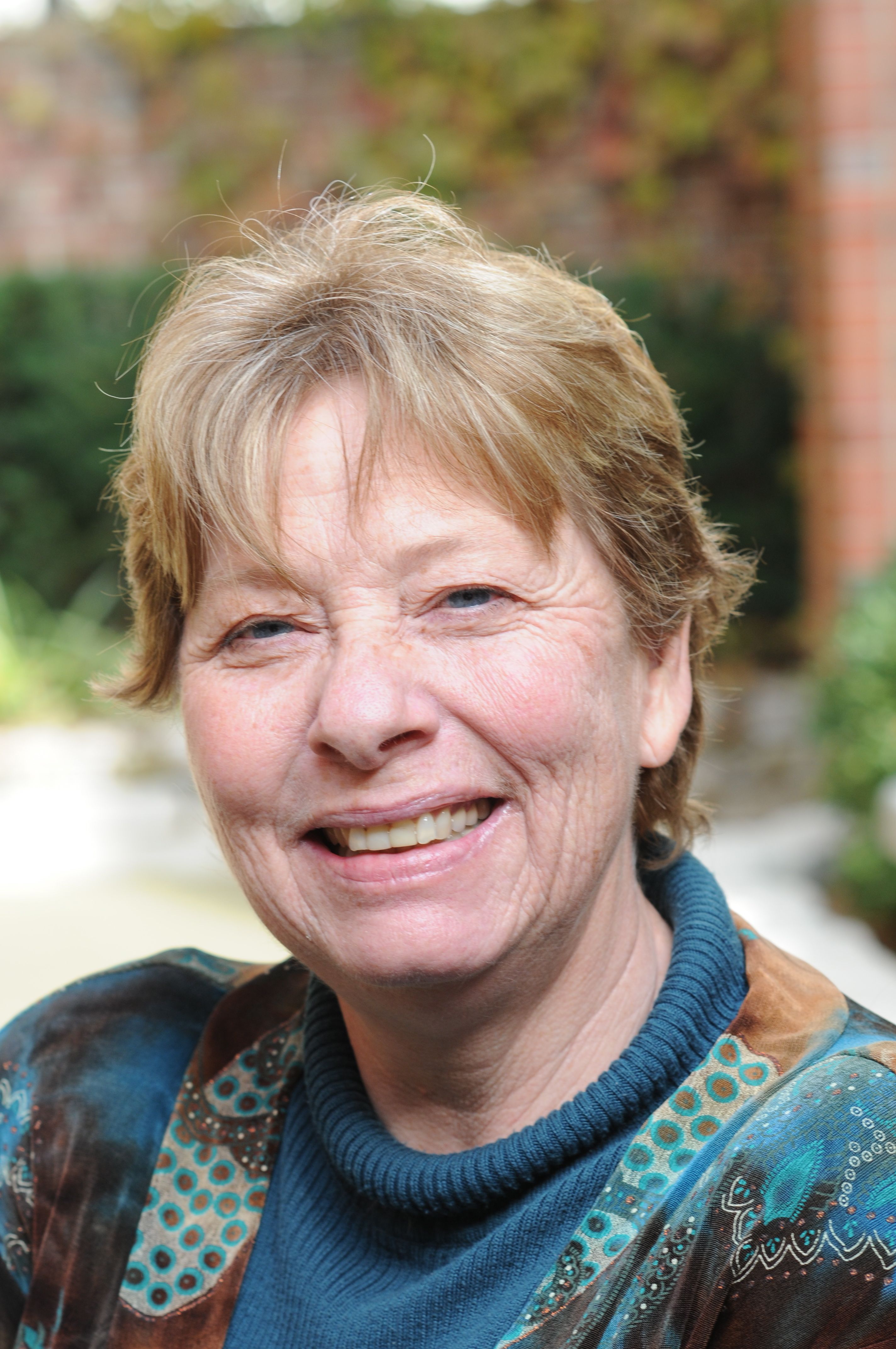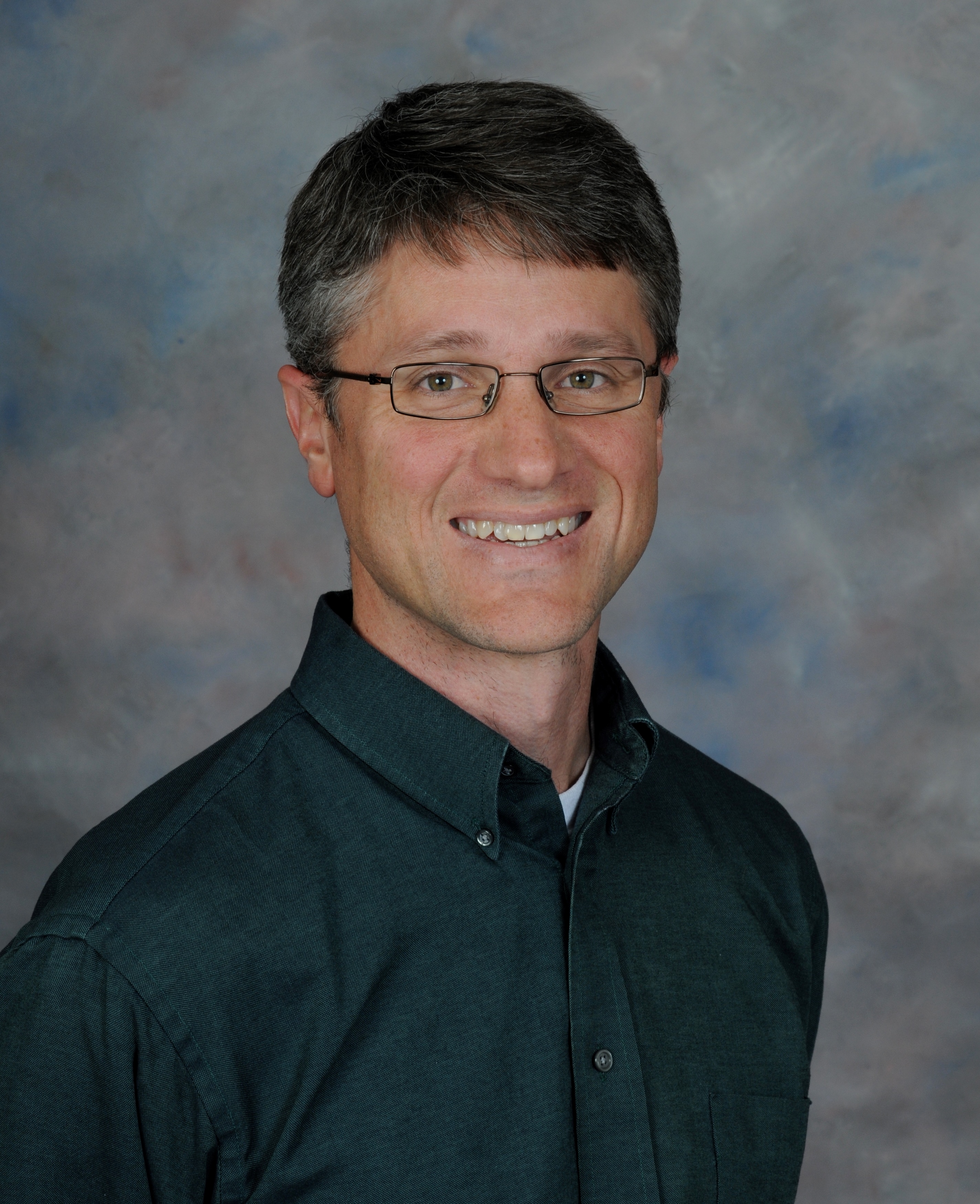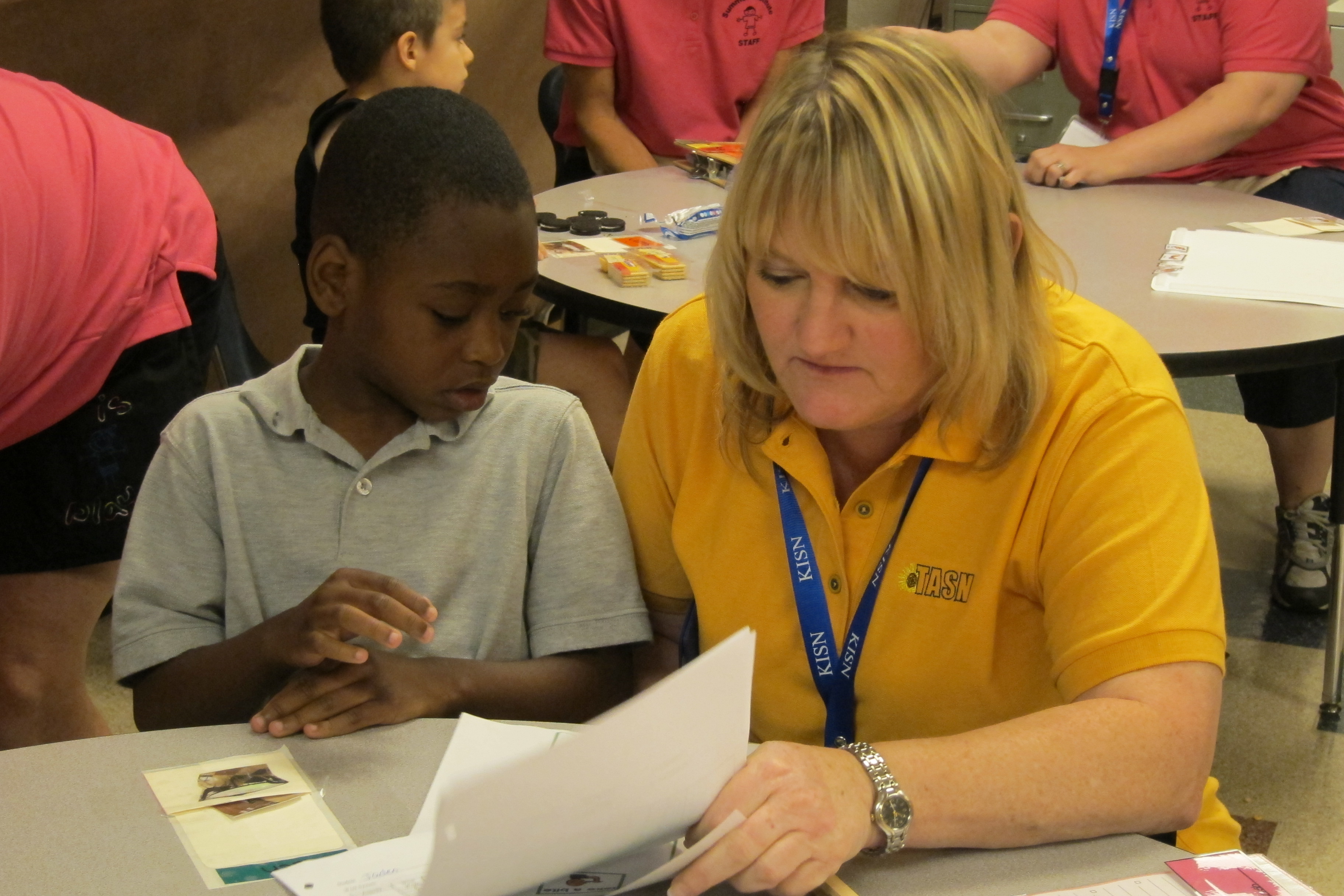|
Spring, Issue #2
News from CDC and Organizational Partners New Act Early Ambassadors Selected
 The Association of University Centers on Disabilities (AUCD), the National Center on Birth Defects and Developmental Disabilities (NCBDDD)/Centers for Disease Control and Prevention (CDC), and the Maternal and Child Health Bureau (MCHB)/Health Resources and Services Administration (HRSA) are pleased to announce that thirty new Act Early Ambassadors have been selected from a group of highly qualified applicants. This cohort of Ambassadors represent twenty-nine states. Autism Speaks was selected as the Organizational Ambassador in this cohort of Ambassadors. The Association of University Centers on Disabilities (AUCD), the National Center on Birth Defects and Developmental Disabilities (NCBDDD)/Centers for Disease Control and Prevention (CDC), and the Maternal and Child Health Bureau (MCHB)/Health Resources and Services Administration (HRSA) are pleased to announce that thirty new Act Early Ambassadors have been selected from a group of highly qualified applicants. This cohort of Ambassadors represent twenty-nine states. Autism Speaks was selected as the Organizational Ambassador in this cohort of Ambassadors.
Read more...
Customize and Print “Learn the Signs. Act Early.” Materials
Interested in customizing CDC’s “Learn the Signs. Act Early.” materials with your organization’s logo and contact information? Find editable files for the Milestone Checklists, Milestones Brochure, Milestone Moments booklet and more at www.GroupSpaces.com/ActEarlyMaterials.
Follow these steps to get access:
- Visit www.GroupSpaces.com/ActEarlyMaterials and click “Join Group”
- Enter your email address and choose a password on the spot (or use your existing GroupSpaces password if you already have one).
- Your request to join the group will be granted within 1 business day; you will be sent an email notification that you have been added to the group.
- Click on the link in the notification email and sign in with your email address and the password you created.
- Once signed in to the GroupSpaces site, click on the “Files” tab to view and download files.
Questions? Email [email protected]
. . . . . . . . . . . . . . . . . . . . . . . . . . . . . . . . . . . . . . . . . . . . . . . . . . . . . . . . . . . . . . . . . .
|
Reaching the Masses through Public Transportation
 Tracy Mckinney, PhD, served as the Illinois Act Early Ambassador from 2013-2014. Her term as Ambassador was comprised of work on various projects, including weekly collaborations with a child care center on the south side of Chicago and dissemination of early identification information via conferences, public libraries, child care centers and public transportation. In addition to these meaningful projects, she has also worked on a public transportation project. Dr.Mckinney worked with a graphic designer to adapt a standard "Learn the Signs. Act Early." handout. As a result, it will be enlarged and displayed as a color advertisement in multiple Chicago Transit Authority buses. The ad depicts basic milestones and has a scannable QR code. Once the QR code is activated, users will be directed to a website that houses information and multiple links regarding developmental milestones. The website will also have the capability to track how much traffic the site produces. Dr. Mckinney states, "This project was an effective use of Ambassador funds and an environmentally sound way to share information about developmental milestones to a mass audience." Tracy Mckinney, PhD, served as the Illinois Act Early Ambassador from 2013-2014. Her term as Ambassador was comprised of work on various projects, including weekly collaborations with a child care center on the south side of Chicago and dissemination of early identification information via conferences, public libraries, child care centers and public transportation. In addition to these meaningful projects, she has also worked on a public transportation project. Dr.Mckinney worked with a graphic designer to adapt a standard "Learn the Signs. Act Early." handout. As a result, it will be enlarged and displayed as a color advertisement in multiple Chicago Transit Authority buses. The ad depicts basic milestones and has a scannable QR code. Once the QR code is activated, users will be directed to a website that houses information and multiple links regarding developmental milestones. The website will also have the capability to track how much traffic the site produces. Dr. Mckinney states, "This project was an effective use of Ambassador funds and an environmentally sound way to share information about developmental milestones to a mass audience."
Researchers Pioneer Telemedicine Training for Rural Parents of Children with Autism
  In 2004 University of Kansas researchers Linda Heitzman-Powell and Jay Buzhardt had the bold idea of training parents of children with autism to use an intervention based on the science of applied behavior analysis (ABA) to help them increase their children’s independent skills and reduce problem behaviors. What’s more, the training would be rigorous, and it would be long-distance: coaching via live interactive television along with online educational modules covering the concepts and principles of behavioral intervention. The highly effective treatment for children with autism is endorsed by the American Academy of Family Pediatrics, the American Psychological Association, the National Institute of Mental Health and the U.S. surgeon general. The researchers are now evaluating the short and long-term effects of the strategies parents learned on their children’s language and social skill development. They will also assess the long-term effects on the families and children from their initial study. In 2004 University of Kansas researchers Linda Heitzman-Powell and Jay Buzhardt had the bold idea of training parents of children with autism to use an intervention based on the science of applied behavior analysis (ABA) to help them increase their children’s independent skills and reduce problem behaviors. What’s more, the training would be rigorous, and it would be long-distance: coaching via live interactive television along with online educational modules covering the concepts and principles of behavioral intervention. The highly effective treatment for children with autism is endorsed by the American Academy of Family Pediatrics, the American Psychological Association, the National Institute of Mental Health and the U.S. surgeon general. The researchers are now evaluating the short and long-term effects of the strategies parents learned on their children’s language and social skill development. They will also assess the long-term effects on the families and children from their initial study.
Read more...
Extending Diagnostic Services into Medically Underserved Communities
 As a result of the Act Early Regional Summits, the Technical Assistance System Network's Autism and Tertiary Behavior Support Project (TASN ATBS), the University of Kansas Medical Center's Center for Child Health and Development (CCHD) and Department of Telemedicine & Telehealth collaborated to develop a statewide system of screening and diagnostic services. With the support of the Children's Cabinet and Trust Fund (http://www.kschildrenscabinet.org) training has been able to continue with Part C networks and Autism Interdisciplinary Teams (AIT) of local school districts on the assessment tools that are used to diagnose a child with autism. As a result of the training initiative, it's been possible to reduce the evaluation wait time for a child and their family from 4-6 months to 45 days, thus allowing service providers to develop interventions tailored to the needs of the child. For more information, please contact Sarah Hoffmeier at [email protected]. As a result of the Act Early Regional Summits, the Technical Assistance System Network's Autism and Tertiary Behavior Support Project (TASN ATBS), the University of Kansas Medical Center's Center for Child Health and Development (CCHD) and Department of Telemedicine & Telehealth collaborated to develop a statewide system of screening and diagnostic services. With the support of the Children's Cabinet and Trust Fund (http://www.kschildrenscabinet.org) training has been able to continue with Part C networks and Autism Interdisciplinary Teams (AIT) of local school districts on the assessment tools that are used to diagnose a child with autism. As a result of the training initiative, it's been possible to reduce the evaluation wait time for a child and their family from 4-6 months to 45 days, thus allowing service providers to develop interventions tailored to the needs of the child. For more information, please contact Sarah Hoffmeier at [email protected].
Read more...
. . . . . . . . . . . . . . . . . . . . . . . . . . . . . . . . . . . . . . . . . . . . . . . . . . . . . . . . . . . . . . . . . .
|
|
Highlight Your Act Early Efforts at the 2014 AUCD Conference
Proposal Deadline: June 2, 2014
www.aucd.org/conference
Submit your Act Early lessons learned and success stories for the 2014 AUCD conference, “AUCD Unleashed: The Power of Engagement.” AUCD is interested in your strategies and challenges as part of the Act Early Network of partners using the "Learn the Signs. Act Early." Program, Act Early State Systems Grantee Projects, and Act Early Ambassadors. It would be ideal to have this time to connect with members of the Act Early Network and others who are interested in early identification, autism, and other developmental disabilities.
Feeling like you may not have much to report yet? A new option for this year’s conference is the interactive Poster Symposium. Each Poster Symposium will focus on a different topic, which will allow for discussion about common work. Want to have an Act Early themed Poster Symposium? Topics will be determined based on the number of submissions received, so submit your Act Early proposal today at www.aucd.org/conference! The deadline is June 2.
Call for Comments: Reaching Underserved Populations through "Learn the Signs. Act Early."
Deadline: June 27, 2014
http://1.usa.gov/1kr24Ik
The "Learn the Signs. Act Early." (LTSAE) campaign, developed by the Centers for Disease Control and Prevention, is designed to increase awareness of developmental milestones among parents, healthcare professionals, childcare providers and others who regularly interact with young children. The purpose of this study is to understand how the LTSAE campaign is meeting the needs of underserved families when delivered as part of the Women, Infant and Children (WIC) nutrition program. This information will help guide the CDC in developing the messages, materials, partnerships and strategies that are most effective for families served by WIC.
Read more...
. . . . . . . . . . . . . . . . . . . . . . . . . . . . . . . . . . . . . . . . . . . . . . . . . . . . . . . . . . . . . . . . . .
|
|
|


